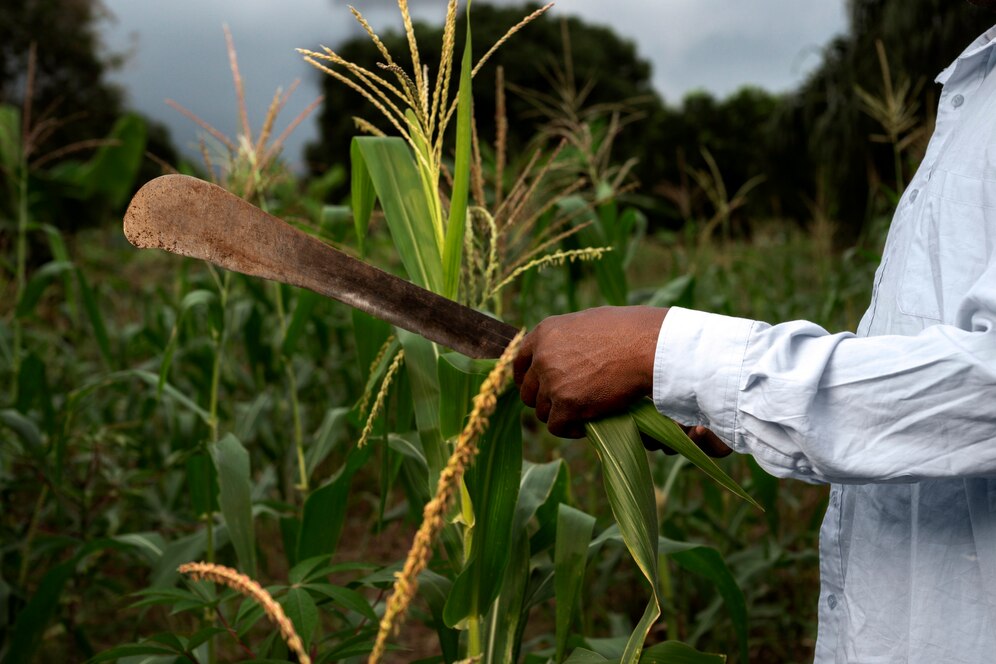
The Collapse of the Sugar Cultivation in Cuba
SUGAR NEWS
1959 in Cuba, sugar cultivation and distribution became the economic pillar of Cuban life. It defines the central economic progress of the society, concentrating on the exports and production of sugar refinement. Until 1989 when the collapse of the Soviet Union affected this exchange. In this blog post, we are going to delve into the collapse of sugar cultivation in Cuba. We will explore the inflation rate, and the form of capitalism inside the country. We will also discover the chronic mismanagement that has led this industry to fall in recent times.
Inflation
According to a recent post by BBC about the collapse of sugar cultivation in Cuba, the inflation, shortage of necessities, and the decade-long US economic embargo are the reasons why the economic outlook became bleak for the sugar industry. In 2019, there were 1.3 million recorded tonnes of production in the country. A drastic change in its production in the latest season fell to 350,000 tonnes of raw sugar, it is the lowest recorded cultivation that the country faced today because of the rapid change of basic needs and the high inflation rate. According to the interview, Cuba now imports sugar to meet the needs of its residents and citizens. Quite unthinkable knowing that for hundreds of years, Cuba is a source of sugar trade around the world which was envied by the Caribbean before.
Chronic Mismanagement
The issues in the sugar industry that the country faces are not solely the fault of the US embargo, BBC said. The years of chronic mismanagement and underinvestment by the government also caused the thriving industry to die down. The record stated that 3% of the state investment only falls to the sugar industry meanwhile tourism in the country became the concentration. Truth be told, Tourism is always on the rise in most countries. It is not surprising that Cuba will follow this mainstream. Although that is the case, the government should know that without sugar there is no refinement to cuisine, pastries, and other delicacies that allows tourists to come over from place to place.
Capitalism
The industry faces ongoing challenges, including competition from other sugar-producing nations, fluctuating global prices, capitalism, and the need for technological upgrades. Additionally, the U.S. embargo continues to impact Cuba’s ability to engage fully in international trade. In recent years, Cuba has continued to seek a balance between socialist principles and pragmatic economic reforms. The sugar industry, though no longer as dominant as in the past, remains an important part of the economy. Efforts to modernize and attract foreign investment have been pursued, albeit within the framework of state control.
Conclusion
The collapse of Cuba’s sugar industry is a multifaceted issue, driven by a combination of high inflation, a shortage of necessities, and the enduring U.S. economic embargo. Despite producing 1.3 million tonnes of sugar in 2019, the country’s output plummeted to 350,000 tonnes in the latest season. This stark decline is attributed to the rapid change in basic needs and inflation. Historically a global leader in sugar trade, Cuba now finds itself importing sugar to meet domestic demand. It is a significant reversal from its enviable past in the Caribbean.
Compounding these challenges, chronic mismanagement and government underinvestment have critically weakened the industry. Only 3% of state investment is directed towards sugar, with a substantial focus on tourism instead. While tourism is a growing sector worldwide and a logical priority, it should not overshadow the vital role of sugar in Cuba’s culinary appeal, which also attracts tourists.
Moreover, the sugar industry faces additional hurdles such as competition from other nations, fluctuating global prices, and the pressures of capitalism. The U.S. embargo further hampers Cuba’s ability to engage fully in international trade. Despite these challenges, Cuba strives to balance socialist ideals with economic reforms, aiming to modernize the sugar industry and attract foreign investment while maintaining state control. The sugar industry, though diminished, remains a crucial part of Cuba’s economy, and its revitalization is essential for future economic stability and growth.
4o
William Grant “Cuba laments collapse of iconic sugar industry” https://www.bbc.com/news/world-latin-america-68935247

